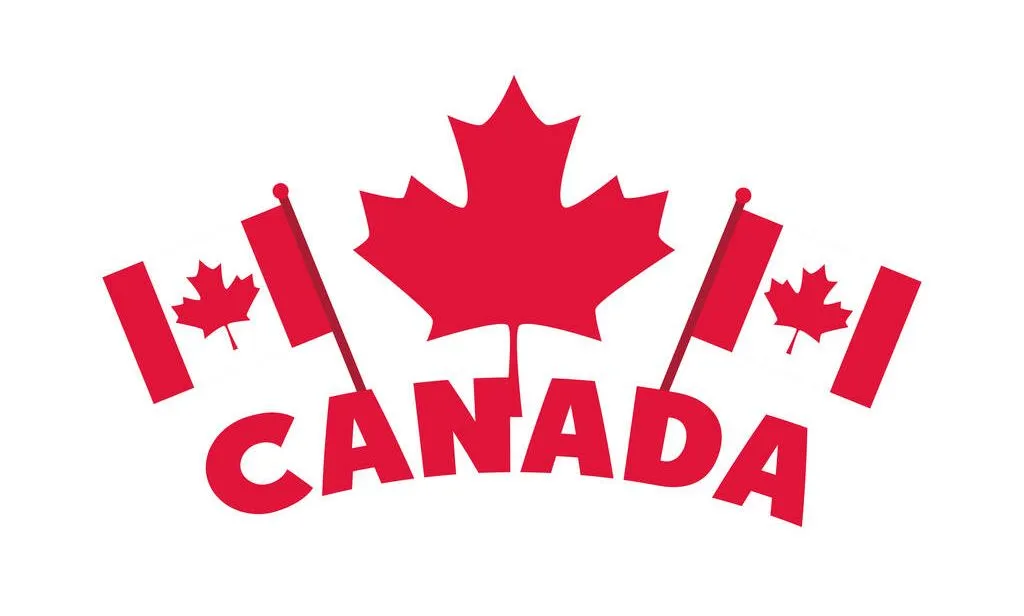Permanent residency status granted should be maintained in Canada for the enjoyment of benefits and opportunities. It also implies that if one is a permanent resident, he or she is lawfully entitled to live, work, and study in Canada; however, there are some responsibilities that come with those privileges. It is, therefore, very vital to know and conform to these requirements, so one can remain in status and avoid falling into possible pitfalls that may be triggered by his residence.
Understanding the Residency Obligation
From the list of endless requirements for someone to continue being termed as a permanent resident of Canada, this is perhaps the most important. You need to spend at least 730 days or, in any situation, two years of residence over a period of five years in Canada. These do not need to be continuous days, allowing for travel and time outside of Canada.
Failure to meet this residency requirement forces one to give up his or her PR status. Nevertheless, a few exceptions to this residential requirement do exist in case one is not able to accumulate the required period of residence due to compelling humanitarian or compassionate grounds, or accompanying a Canadian citizen spouse or common-law partner while working or studying outside Canada, or work for a Canadian business or public service.
Replacing Your Permanent Resident Card
The Permanent Resident card is an official proof of status in Canada. Therefore, it is very important to ensure that your PR card remains in force, up-to-date, and valid at all times. In most cases, PR cards last for five years, but sometimes the PR card is issued for one year depending on several conditions attached to your residency status.
This means you have to apply for a new PR card—proving you have met the residency obligation—before the existing one expires. Sometimes this can take months, so you’ll want to apply well in advance of your card’s date of expiry. Please note, you can’t travel outside Canada for even a day without the PR card; therefore, its validity is of paramount importance in case you are planning to travel out of the country.
Adherence to Canadian Laws
You and your dependents must follow and respect all the laws in Canada as permanent residents. You and your dependents must obey the federal, provincial, and municipal laws and regulations. You also have to pay any taxes that are imposed. If you are convicted of a serious crime and are punished by imprisonment, you risk losing your PR status and being deported.
Another key responsibility falls in the payment of taxes. You must file all the required income tax returns and remit your tax on your worldwide income if you are a Canada resident to these laws regarding the income tax. Failure to fulfill your obligations towards the taxation laws can not only land you a fine but can also have a consequence to your status towards becoming an immigrant.
Having a Valid Passport
Even though your PR card indicates that you are a resident, you will always require a valid passport from your originating country. Your passport is mainly required when you travel outside of Canada or during the time of filing for a replacement PR card. Make sure that your passport is kept valid and up-to-date for all your trips.
Keeping Posted and Prepared
Canadian laws and policies on immigration do change over time, so ultimately it is upon you to be up-to-date about any changes or amendments that would likely affect your status. Time to time, visit the Government of Canada’s website on immigration. If you have any question or condition about your status, do consult with an immigration lawyer.
Also, personal records should be well ordered and accessible: travel plans, tax returns, and any interaction with the immigration authorities. All of these might be required should proof of meeting the residency obligation be asked for, or in case of a status difference.
Long-Term Considerations
Most permanent residents eventually decide to pursue Canadian citizenship. Tied into this, it would also eliminate the need for residency obligations because it involves a whole host of additional rights, including a right to vote and a right to stand for public office. There are several basic prerequisites to satisfy in order to apply for citizenship, and the following are most essential to remember: physical presence of at least 1,095 days within five years immediately preceding the day when you apply, proficiency in English or French, and good knowledge of history, values, institutions, and symbols of Canada.
Conclusion
Permanent residents are to exercise specific rights with equally specific attached responsibilities as pre-conditions for continuance in permanent residency in Canada. You can exercise your permanent resident status by fulfilling the requirement of the residency obligation, respect toward Canadian law and keep yourself informed so that you would continue to enjoy permanent resident benefits leading towards seeking Canadian citizenship if you so wish.
